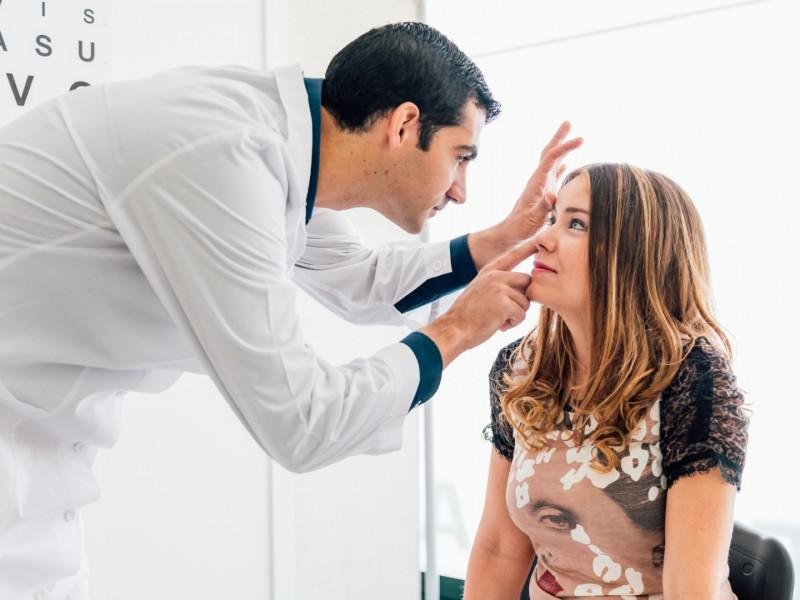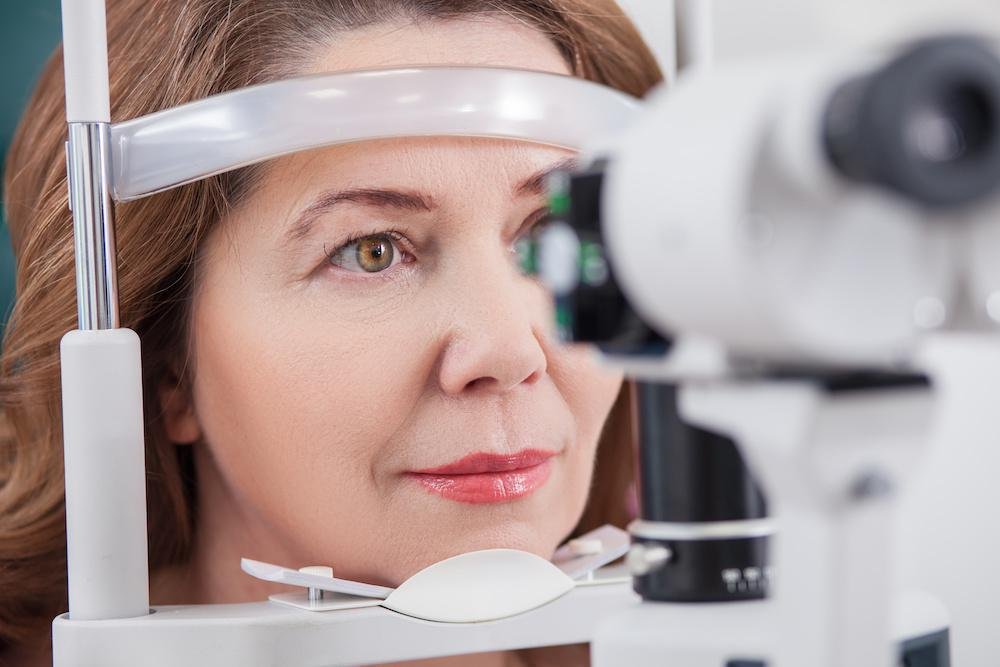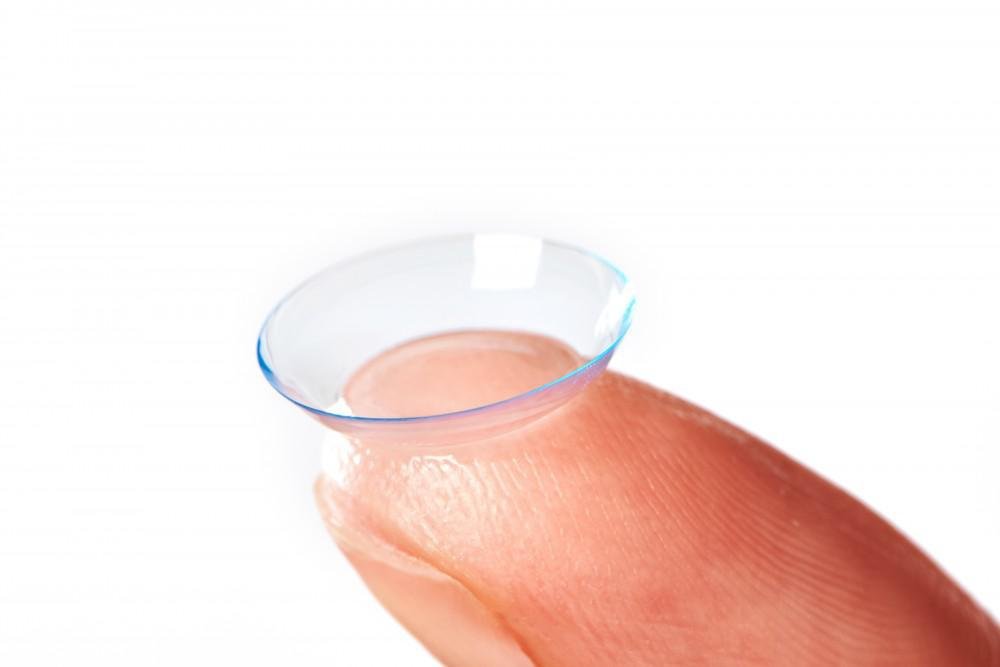Everywhere you look, you see people using phones, small screens, and computers for leisure, information, and work, and chances are pretty good that you are doing the same thing. It’s amazing to be able to connect with the rest of the world any time you choose, to find out what’s happening or to select a restaurant for a dinner date, or even to get a project done for the next day – digital technology is a wonderful thing and makes all our lives easier and more efficient.
Over 90 percent of Americans spend two or more hours a day staring at some kind of screen, whether it be a television, computer, smartphone, or an e-reader of some kind, while over half reported that they spend upwards of five or more hours a day in this manner!
You might also be aware that screen time often results in eye irritations, dryness, and blurred vision, and these kinds of issues are becoming more and more common. Usage for many people can extend to as many as nine hours daily, and when the muscles of your eyes have to focus at such short range for that length of time it will cause eye fatigue. Just think about standing in the gym with a 10 lb. weight above your head for nine hours straight – you would have to take breaks periodically to be able to handle the strain, to say the least! Your eyes are really no different, and they need a break to relieve the muscles needed for focusing up close.
Your eye doctor may recommend something that can help you here called the “20-20-20 rule” which basically means that you will spend 20 minutes on your digital device, followed by viewing an object 20 feet or more away for 20 seconds. This practice allows your eye muscles to relax a bit, alleviating the symptoms of computer eye syndrome. In addition to taking these breaks, wearing the proper eyewear can be a big help, and your eye doctor can advise you on what would work best for you.
Digital screens emit blue, or high-energy visible light wavelengths, which can cause irritation and even damage to the retina that could be long-term. Blue light also suppresses melatonin, the sleep hormone, that creates a feeling of wakefulness that disrupts healthy sleep patterns, and this adds strain on the eyes. Your eye doctor may be able to recommend anti-reflective lenses for your eyeglasses or a filter for your screens that will help absorb some of that blue light and limit how much will reach the retina and the central nerve of your eye. Getting enough outdoor light is also helpful in helping those eye muscles develop and stay healthy.
Another impact that staring at screens can have on your eyes is that of dryness. This condition is caused by the reduced amount of blinking you will do while you are looking at a digital screen. The average blink rate for most of us is 15 to 20 blinks per minute, and this can be decreased by half when a person is focused on-screen viewing. If you are staring at something and not blinking, your tears evaporate, resulting in dry spots and blurred vision. Redness and pain can also become an issue, as well.
Our computers and other digital devices aren’t going anywhere, and we love the ease and convenience they add to life. Here at Classic Vision Care we are all about using them wisely. If staring at your screens has impacted your vision, let us help you find solutions!
You Might Also Enjoy…
Are Glasses Better than Contacts?
Trying to decide between wearing eyeglasses or contact lenses? Consider all the factors, including comfort, ease, and appearance. We’ve compiled a list of pros and cons to help you see your way through this significant decision.
Why Sunglasses are Important All Year Long
No doubt you always have your favorite shades close by all summer. But sunglasses protect your eyes all year long, even during darker winter months. Learn how they shield your eyes from harmful ultraviolet (UV) rays any time of year.
How Astigmatism Affects Your Vision
Astigmatism causes a variety of symptoms ranging from blurred vision to eye discomfort and pressure. Understand how a comprehensive eye exam can pinpoint the cause of your symptoms and get your sight back on track.
Who Is at Risk for Glaucoma?
Could you be at risk for glaucoma? The short answer is that everyone, especially seniors, is at risk for glaucoma. Learn how to lessen your odds of losing your sight through early detection and treatment.
5 Steps to Prevent Diabetic Eye Disease
People with diabetes are more vulnerable to certain eye diseases, such as glaucoma, cataracts, and diabetic retinopathy. Learn what steps you can take to slow their progression and potentially avoid them in the first place.
Am I a Candidate for Contact Lenses?
If you need vision correction, contact lenses are a popular option. If you’re simply tired of your glasses or just looking to see the world more clearly, discover whether contact lenses may be the perfect fit for you.







